The latest engineering and technology from the 1930s: The Mallock Machine or calculator, built by Rawlyn Richard Manconchy Mallock of Cambridge University is an electrical analog computer built in 1933 to solve
Por um escritor misterioso
Descrição
Download this stock image: The latest engineering and technology from the 1930s: The Mallock Machine or calculator, built by Rawlyn Richard Manconchy Mallock of Cambridge University is an electrical analog computer built in 1933 to solve simultaneous linear differential equations. It uses coupled transformers, with numbers of turns digitally set up to +/-1000 and solved sets of up to 10 linear differential equations during the late 1930s and 1940s. - 2A02KF0 from Alamy's library of millions of high resolution stock photos, illustrations and vectors.

PDF] History of Computing in the Twentieth Century
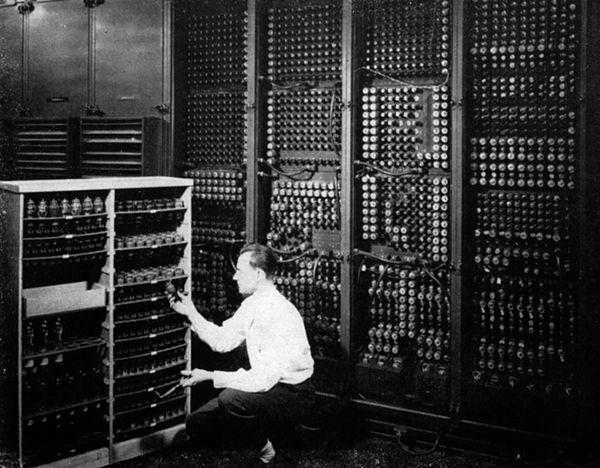
1943-1944: Two University of Pennsylvania

Construction begins on ENIAC, May 31, 1943 - EDN
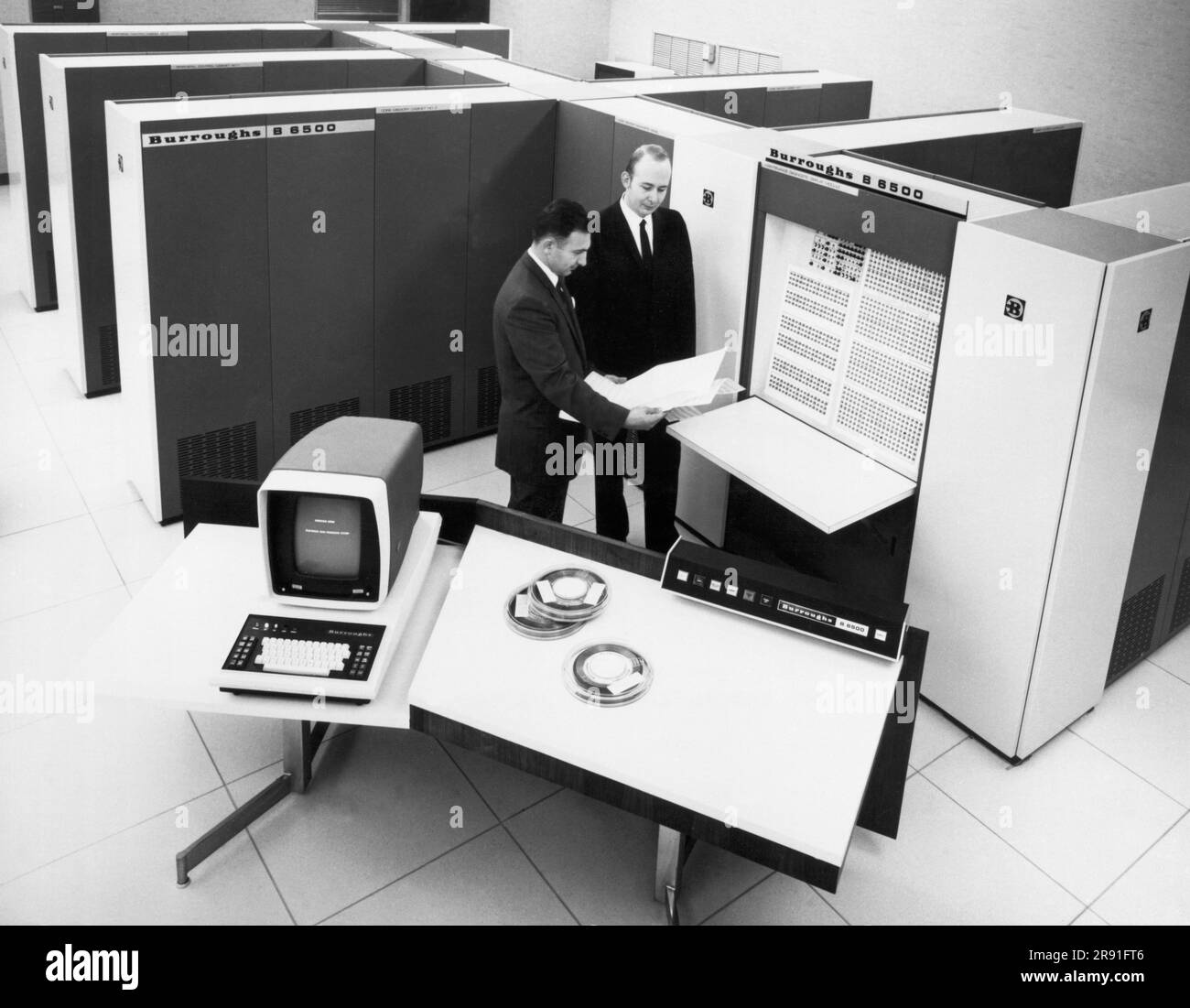
Computer print out vintage hi-res stock photography and images - Alamy
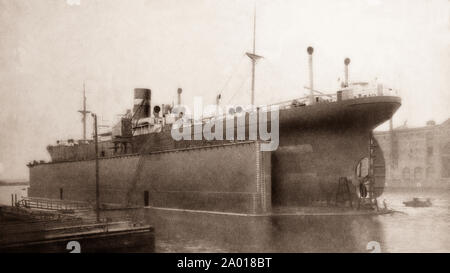
The latest engineering and technology from the 1930s: The Mallock Machine or calculator, built by Rawlyn Richard Manconchy Mallock of Cambridge University is an electrical analog computer built in 1933 to solve

CambridgeComputing_Ahmed

Computer History-Mark Lopez by Mark Lopez - Issuu
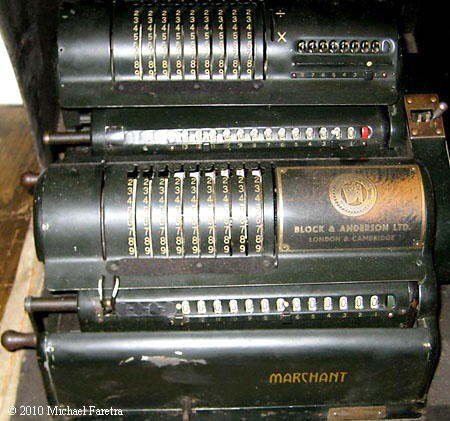
Monroe & Marchant Calculators
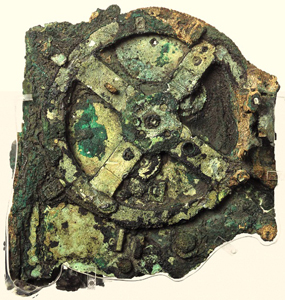
Analog computers

Computer - Turing Machine, Algorithms, Automata
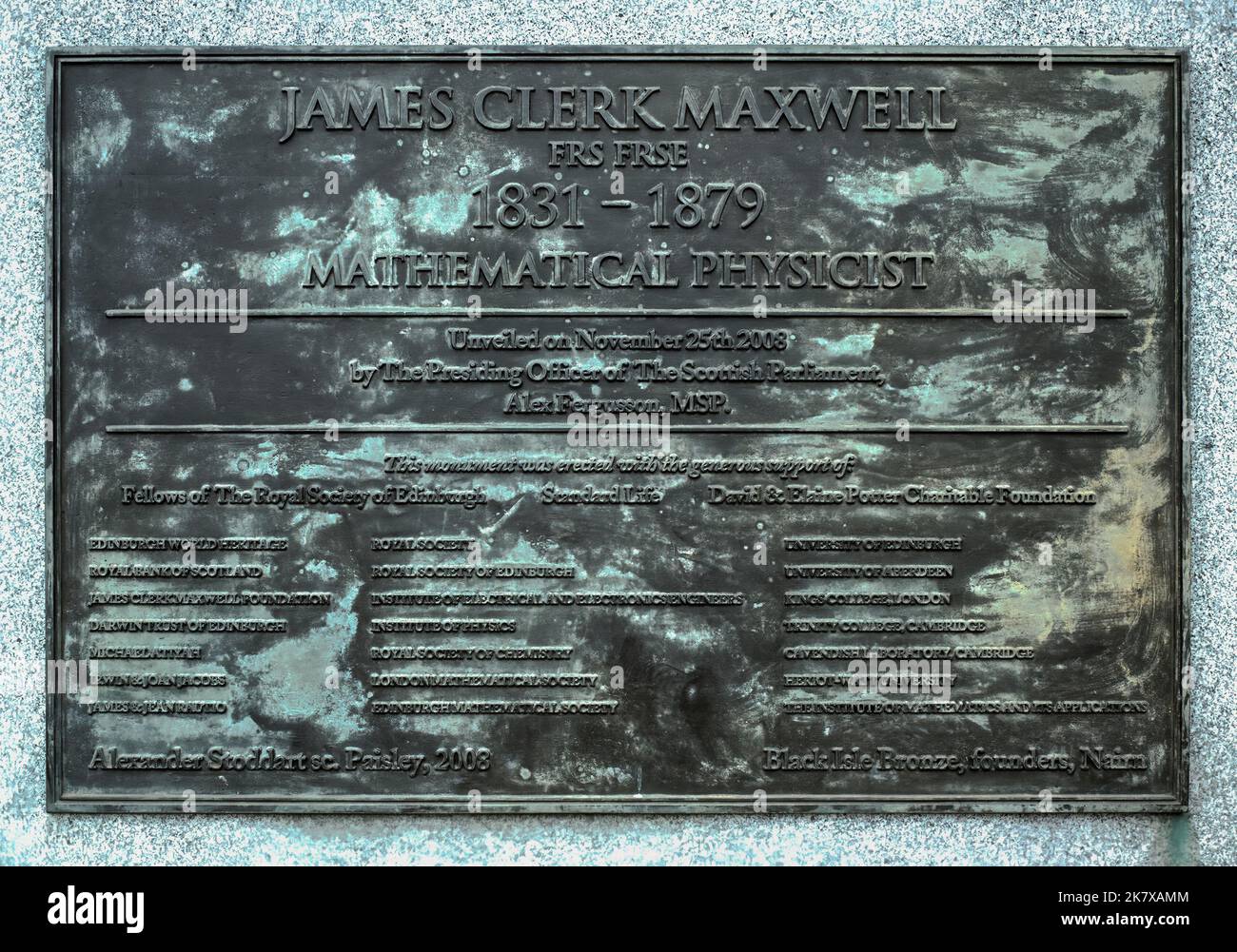
Great equations hi-res stock photography and images - Alamy
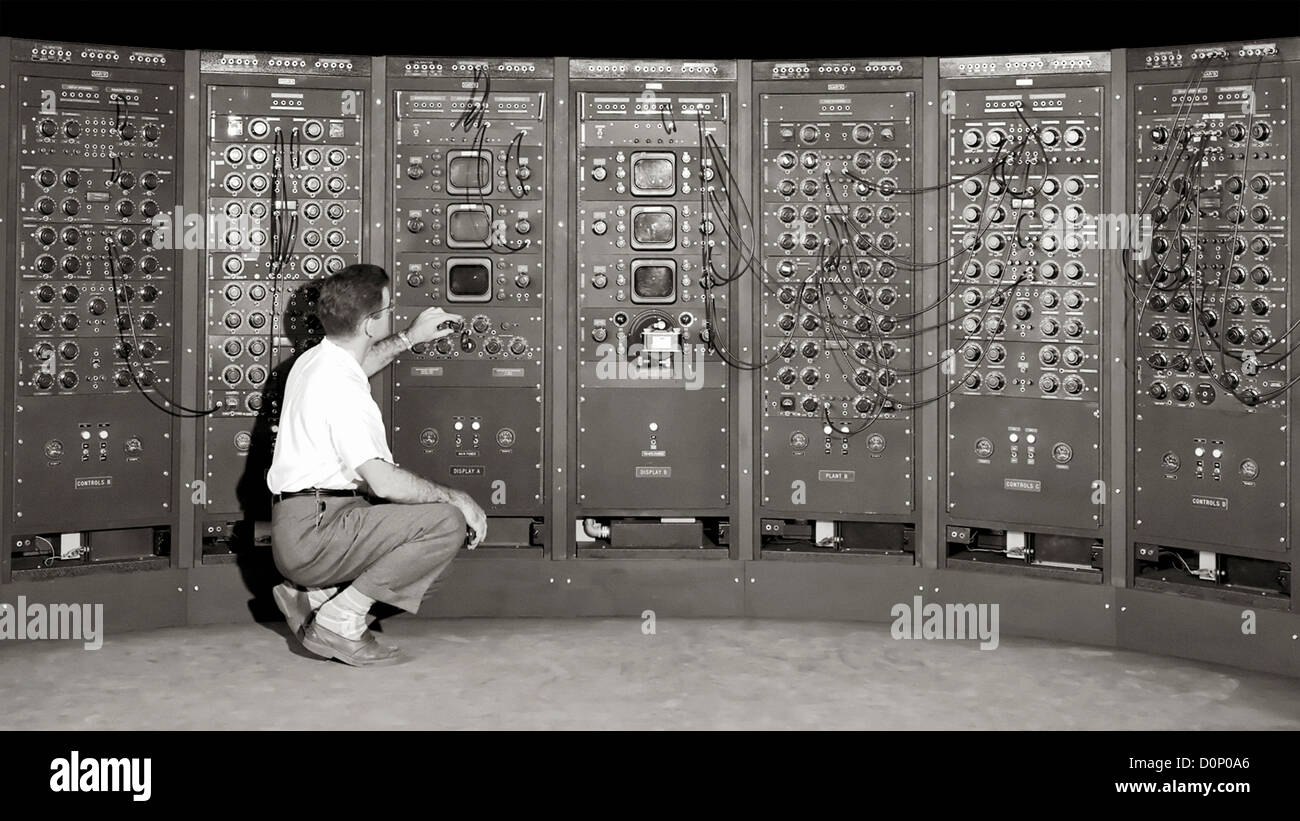
Analog computer hi-res stock photography and images - Alamy
de
por adulto (o preço varia de acordo com o tamanho do grupo)







